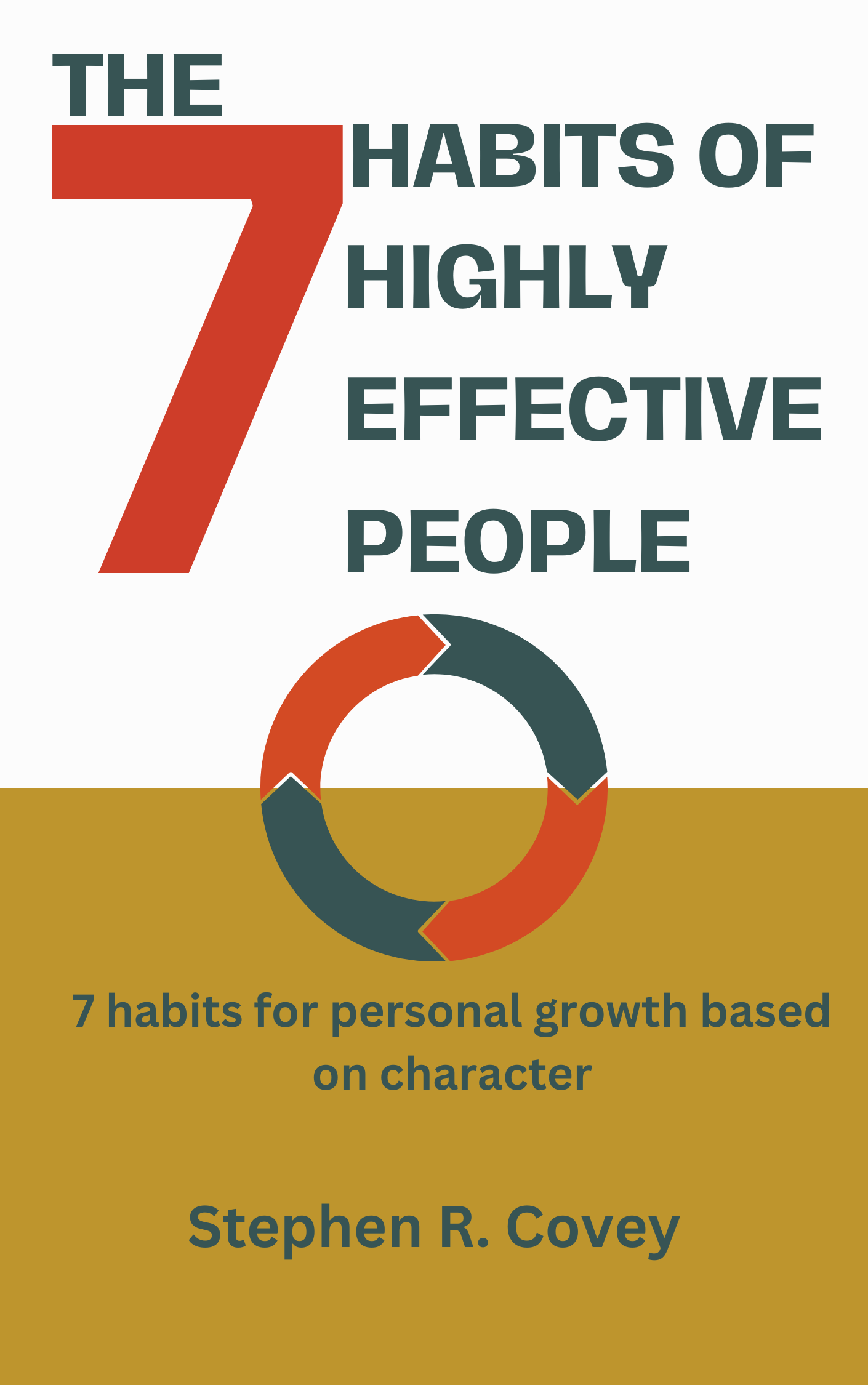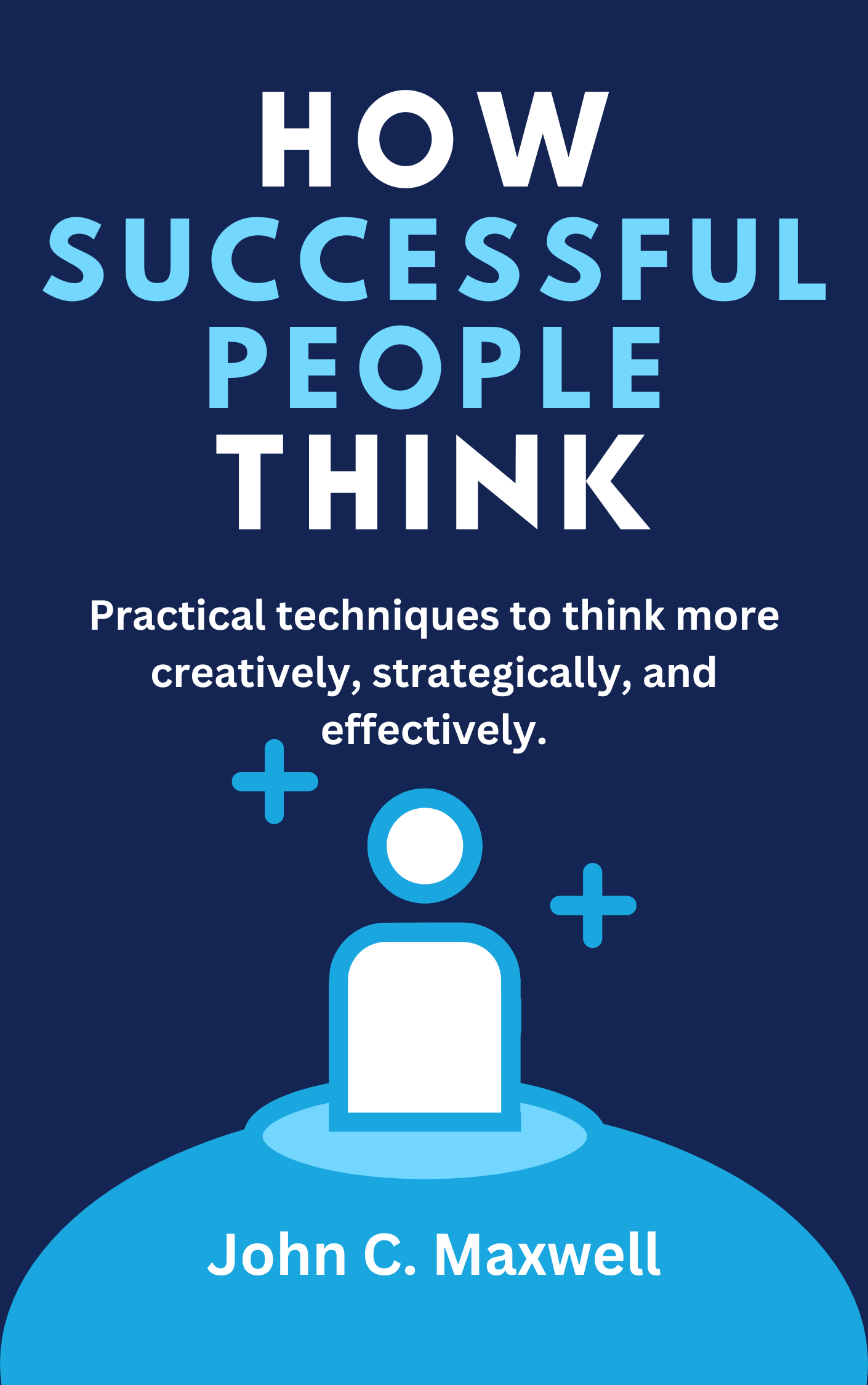Introduction
Knowing finances will make you rich, right? Not always! Financial know-how is not enough to earn and manage money in the real world. The key financial decisions we make are not even affected by math and theories. There's something else at play. Us! The actual players playing the money game. Our personal history, behavioral traits like ego and emotions, and even the way we respond to sneaky marketing tricks, all shape our financial behavior. And that's what the book investigates - how money really works out in the real world.
The Psychology of Money (2020) features 19 short stories that offer insights into how people make sense of money. Morgan Housel, the author, is an award-winning writer and a financial journalist. He is a partner at The Collaborative Fund.
Let's begin by exploring the impact of personal experiences on an individual's financial behavior.
Our Experiences Shape Our Financial Decisions.
Theories Of Economists Rarely Motivate Our Financial Decisions.
Do you ever notice how economists almost always fail to consider the 'human factor' in their theories? Reality is a bit different than their ideal. See, whenever we make financial decisions, we are rational and motivated by self-interest, but we are also intuitive. We do things because we have a "good feeling" about it. Typical humans!
Take a look at the lottery system in the US. Are you aware that a low-income household in America spends $411 on the lottery each year? These are the same people who eat hand-to-mouth and don't have a penny to spare. Get those economists to explain this. They can't. Because this behavior is neither logical nor rational. It is purely human.
Now, the rationale behind this is interesting! A family that manages to live every month does not have the budget for luxuries or extravagance. So, that lotto ticket is their only shot at extravagant stuff, and that's enough motivation!
It can get difficult to figure out the complicated money systems that run our society nowadays. After all, for most of our history, economy and cash like we have today just weren't a thing.
Economic Concepts We Use Are New To Mankind.
Why are the majority of people bad at handling money? Looking at historical context gives amazing answers. Money is only an infant in evolutionary history. We are actually at the beginning of understanding money and economic concepts.
Did you know that the first currency was issued around 600 BCE in modern-day Turkey? It was King Alyattes of Lydia who minted the first-ever coins. If we compare this to thousands of years of human evolution, the last 2500 years are negligible. Even more recent are the complex economic concepts like saving up for retirement, Social Security, hedge funds, or mortgages. It's all quite recent; we're still figuring it out.
Till WW2, most Americans worked for their entire lives. Life expectancy was very low and more than 50% of men above 65 years worked as laborers. Social Security came in the 1980s - funds in an average social security cheque reached above $1000. So, before 1980, only a small percentage of people retired in their 60s. As you can see, most concepts related to financial matters are only two generations old. Hedge funds or mortgages are also just five decades old. So, a human's financial behavior is not something that early ancestors passed on in genes. We are newbies to the idea of financial planning and are more prone to failure. So, chill out!
Now, the one thing that is always mentioned in money discussions is... luck! Do you think luck plays a role in financial success? Let us find out in the next key idea!
Are You Feeling Lucky Enough?
Do you believe in luck? Very few people will outrightly deny the role of luck in business. But here's the catch: we can't measure its role. So, what do we do? Underestimate it? Overestimate it? This is what we do: underestimate luck's role in our success yet overestimate it for others. If someone fails, laziness! If they succeed, lucky them! But if it was you? You attribute your success to hard work and blame the bad luck for your losses. It's a tricky game, this business of luck. And the problem is inherent in our society's makeup. No one talks about the brilliant entrepreneur who goes down because luck didn't favor them this time. But we perceive average people who just got lucky as hardworking!
Nobel laureate Robert Schiller once said he'd like to know "the “exact role of luck in successful outcomes.” While determining the exact role remains an impossibility, there are some factors we can understand. For instance, economist Bhashkar Mazumder did this study showing that if you compare siblings, their incomes are more likely to be similar than traits like their height or weight. Makes sense if you think about it. Siblings in the same family usually get hooked up with the same stuff from their parents - good schools, college tuition, and all that. So if one kid gets the red carpet treatment and ends up crazy successful, the other is probably going to land on their feet just fine too.
Moving on to some other factors that affect success.
Learn To Recognize Broad Patterns Of Success And Failure.
We've all heard it a million times - failure is a great teacher. But does that mean success is a lousy teacher? Bill Gates says, "Yes!"
We see success stories all around and get overconfident. We get tricked and ignore the role of luck, which then leads us to make bad financial decisions in the future. But behind every rich superstar is a backstory full of lucky breaks. Change your approach a bit when you follow stories of these so-called successful people or billionaires. The story is not always complete unless you look at all the subplots of a life story. Take the case of John D. Rockefeller. Popular opinion considers the man to be one of the leading entrepreneurs in history. But in reality, when John started in the petroleum industry, he ignored several government laws/ conventions to get what he wanted. In fact, a judge famously called him to be no better than a common thief. Now, some may view Rockefeller's blatant disregard for established conventions as an innovative approach to getting things done. No one notices how lucky he got! Imagine, a few different verdicts or a different political situation, and there would have been a different ending altogether. He would have become a bad example. The point of this story is, that luck determines legacy.
Now obviously, it is impossible to emulate luck. Even if you decided to imitate each step taken by Bill Gates, your business wouldn't automatically reach success, would it? Morgan Housel suggests that it is crucial to investigate general patterns of success and failure rather than the cases of specific individuals, billionaires, etc. If you find a pattern that's always led people to success you must follow the pattern. For instance, many studies have confirmed that a majority of successful people wake up early in the morning. Such patterns are commonplace. Learn to recognize and imbibe such patterns in your financial behavior and lifestyle, and you are headed in the right direction!
The Dangers Of Envy
Earning Money And Managing Money Are Two Different Things!
Well, life is a bitter teacher. Especially painful are the lessons that teach you the difference between earning a fortune and managing the same. The life story of Jesse Livermore is one such painful lesson.
Born in 1877, Livermore was one of the few who ruled Wall Street. He possessed $100 million by the time he reached 30. Before the big crash of 1929, Livermore bet correctly on declining stocks and made a big fortune ($3 billion in today’s monetary value). But the twist is yet to come! After the huge success, Livermore became overconfident and started putting in larger bets. Unfortunately, he suffered defeat after defeat, his fortune and pride crumbling with each loss. The once-proud champion, renowned for his invincibility, was brought to ruin. He decided to end his own life in 1940.
While there is a lot of coverage about people who make it big, what they do after amassing a fortune is rarely discussed. The stakes are different when we strive to earn money and different when we have to keep it. Staying wealthy is not that easy, and if Livermore had attributed his success to luck, his life story might have ended on a different note.
But Livermore is not the only example here. Are you aware that more than 40% of public companies lose their complete value within years? Here's another stat to blow your mind: people in the Forbes much-revered list of America's 400 wealthiest individuals share just 20% turnover in the next 10-year time frame.
Is there anything one might learn from this about money management? There is: be careful! Learn not just from those who got it, but also from those who could keep it. Most entrepreneurs attribute their long-term success to an essential quality - fear. Micheal Moritz, a successful venture capitalist, thinks your perspective on wins will be different if you fear loss. Just a lucky chain of wins does not mean you should risk everything you earned.
Then again, lots of losses don't mean you should give up either. If your wins outweigh your losses, you're good to go!
The Power of Persistence Through Failure
Success loves persistence. To get rich or to come up with something world-changing, you are gonna fail. Lots of times, before finally winning big. That’s just the nature of success. Look no further than Walt Disney and his early animation studio for a prime example. For years, Disney poured resources into animated films and cartoons, over 400 productions in total. The vast majority lost money and were commercial flops. The studio even went bankrupt at one point. Can you imagine how tempted Disney must’ve been to walk away? But nope – he stuck it out and then made all that paper back a thousand times over when Snow White took off. That one blockbuster made more than all his 400 past animated flicks combined! This is what is called a long-tail outcome. Massive successes allow many failures.
Same deal with legendary art dealer Heinz Berggruen. Berggruen did not stand out as exceptionally promising in his early years. After studying literature at UC Berkeley, he worked odd journalism and art criticism jobs. In 1940, he purchased a small Paul Klee watercolor painting for $100, sparking a lifelong passion for modern art. By the 2000s, Berggruen had become an exceptionally successful art collector. How? Own enough works, hold them long enough, and a few become masterpieces. Long tail principle all over again.
So, focus on your wins, and be patient through the losses.
Chapter 11
Details coming soon.






















